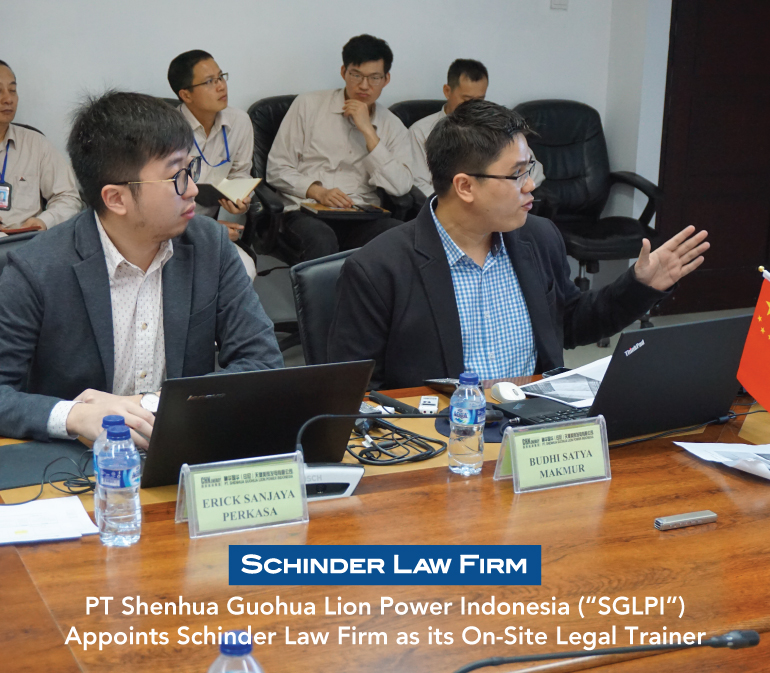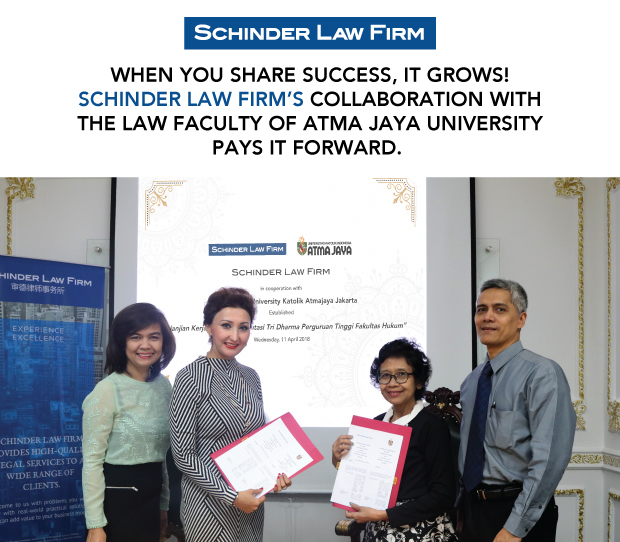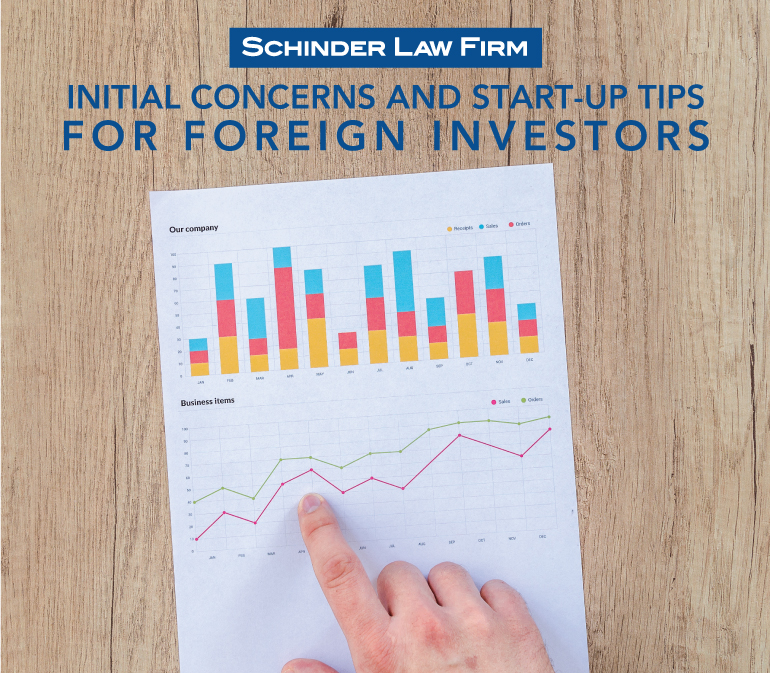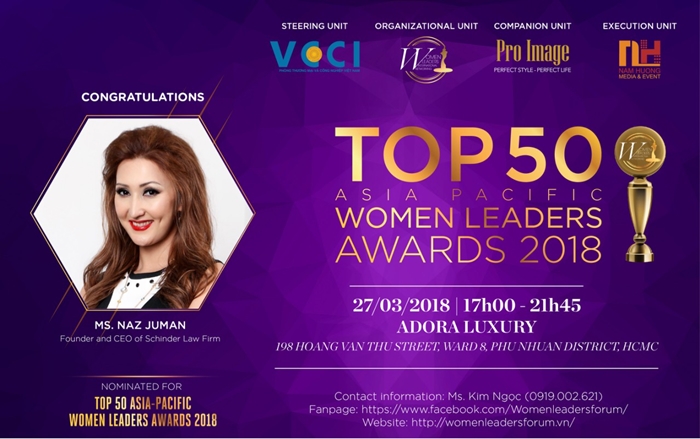Newsletter

THE TAX HOLIDAY FACILITY
Jul 17, 2018
Who does it apply to and why?
In order to attract investment, The Government of Indonesia amended the previous Minister of Finance Regulation No. 159/PMK.010/2015 JO No. 103/PMK.010/2016 ("PMK") regarding Corporate Income Tax Reduction Facilities (otherwise known as the Tax Holiday Facility) with the latest Minister of Finance Regulation No. 35/PMK.010/2018 ("Regulation"). The new Regulation became effectively enforced on 04 April 2018. Subsequenlty, PMK has been revoked and declared null and void by Regulation.
For clarification,...

KNOW YOUR BENEFICIAL OWNERS PRINCIPLE
Jun 07, 2018
Who's in charge? Where's the head hancho? How do I find the big boss?
Sometimes discerning just who is legally responsible for a company can be problematic. In Indonesia however, the process of identifying the top dog is one step closer to transparency in business.
On 5 March, 2018, The President of Indonesia issued President Regulation No.13 Year 2018 concerning the Implementation of the Principle on Recognizing Beneficial Ownership of Corporations in the Framework of the Prevention and Eradication of Money Laundering and Criminal Acts of Terrorism Financing...

PT Shenhua Guohua Lion Power Indonesia ("SGLPI") Appoints Schinder Law Firm as its On-Site Legal Trainer
May 03, 2018
While Schinder Law Firm (SLF) has been providing legal services to SGLPI for some time, its scope of services has now expanded to include legal training for SGLPI staff on their project site. The training will take place on a regular basis, and it will be geared toward ensuring legal compliance with Indonesian Laws and Regulations, specifically on both applicable labor law and company law. Trainings will be led by both Budhi Satya Makmur (Partner) and Erick Sanjaya Perkasa (Associate). Within the breadth of the training,....

WHEN YOU SHARE SUCCESS, IT GROWS!SCHINDER LAW FIRM'S COLLABORATION WITH THE LAW FACULTY OF ATMA JAYA UNIVERSITY PAYS IT FORWARD.
May 01, 2018
It started from a simple vision. What started in a private living room has evolved into a bustling and burgeoning law firm. Schinder Law Firm (SLF) has not only emerged as a first-class, full scope law firm but also as a avid contributor to its legal community. The firm feels its success can only be fully realized by doing its part to raise the standard of...

Initial Concerns and Start-up Tips for Foreign Investors
Apr 24, 2018
As Indonesia attracts more and more foreign investors, it's vital to understand both the common hurdles and the creative tricks involved with doing business in this fast-growing economy. Just in the third quarter of 2017, the Indonesia Investment Coordinating Board or Badan Koordinasi Penanaman Modal (BKPM) recorded that total foreign investment in Indonesia grew by 12% (twelve percent), reaching Rp 111.7 trillion, in comparison with the same quarter of 2016. Obviously, foreign investment in Indonesia continues to increase. However, there are some specific stipulations on ...

SCHINDER LAW FIRM ANNOUNCES ITS NEW PRACTICE GROUP: AVIATION, OUTER SPACE AND CYBER LAW
Apr 05, 2018
While Star Trek, Star Wars, and even the Jetsons implanted fantastical images of life beyond our conventional capabilities, the present and future realities are no longer so far-fetched. In fact, each day brings us closer to achieving feats once believed impossible. With the excitement of charting "strange new worlds" comes the inevitable logistics involved. True, the development of science and technology and their vast applications facilitate human activities in many fields, including commercial ventures....

Women leaders: CEO of Schinder Law Firm – Naz Juman, Brave Female Leader of Indonesian Lawyers
Apr 01, 2018
Naz Juman is well known as an inspirational leader with extensive experience in the field of law, logical thinking, especially solid track record in advising on complex legal questions in both litigation lawsuits and corporate law matters. She is awarded as one of the Women Leaders International Forum & Top 50 Asia – Pacific Women Leaders Awards 2018.